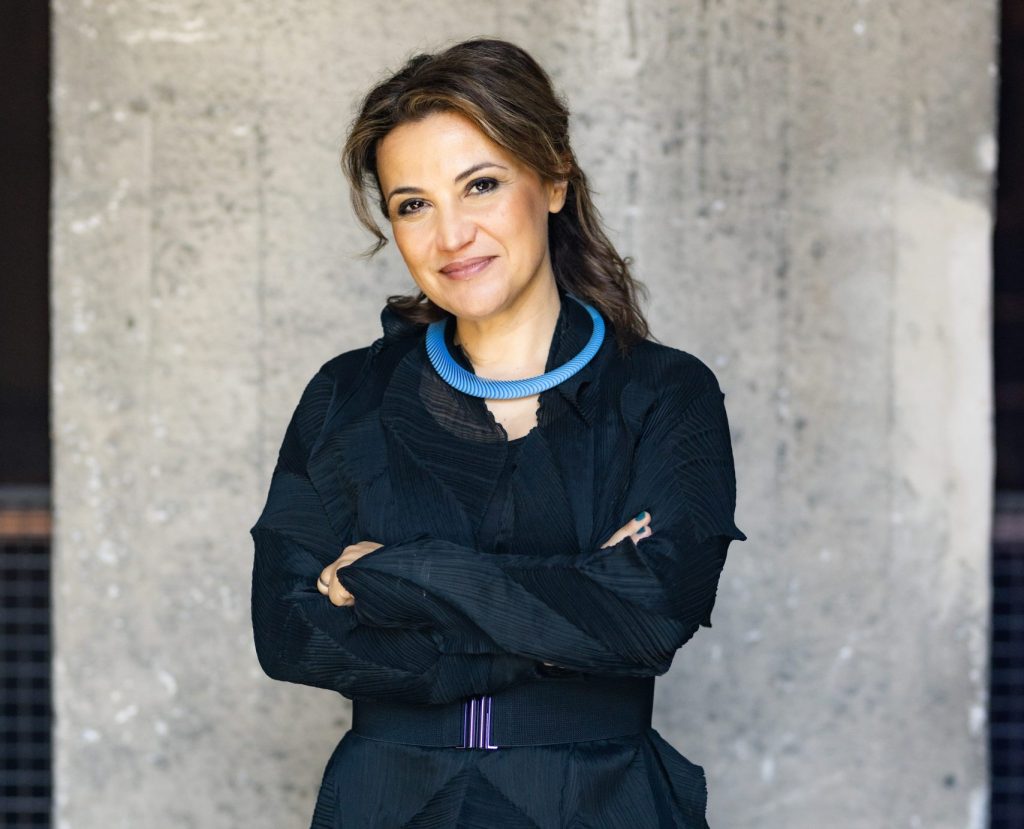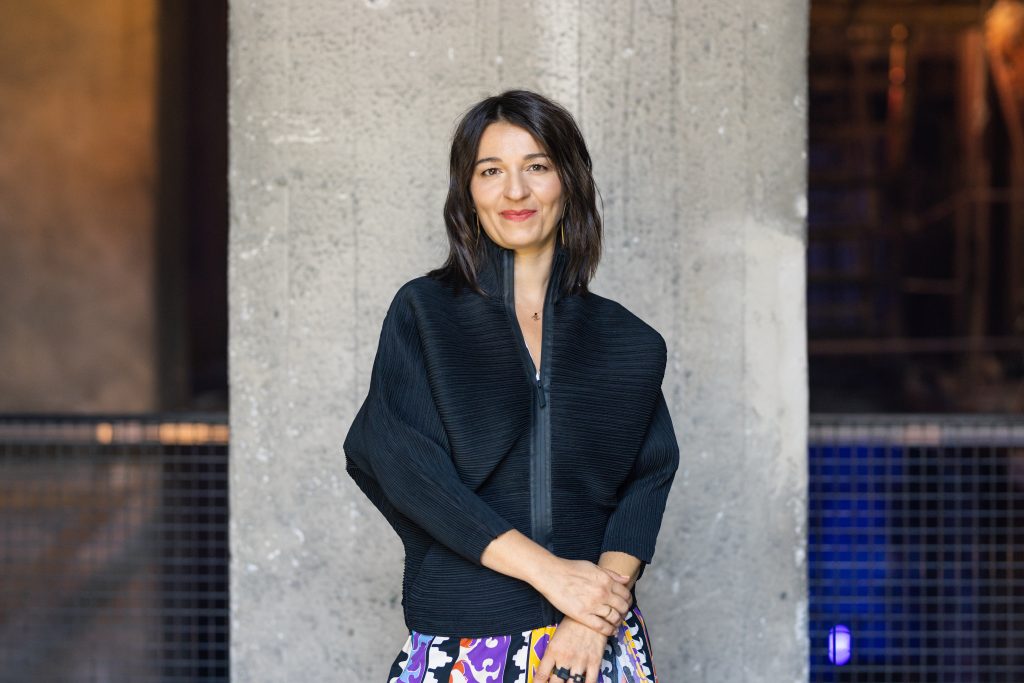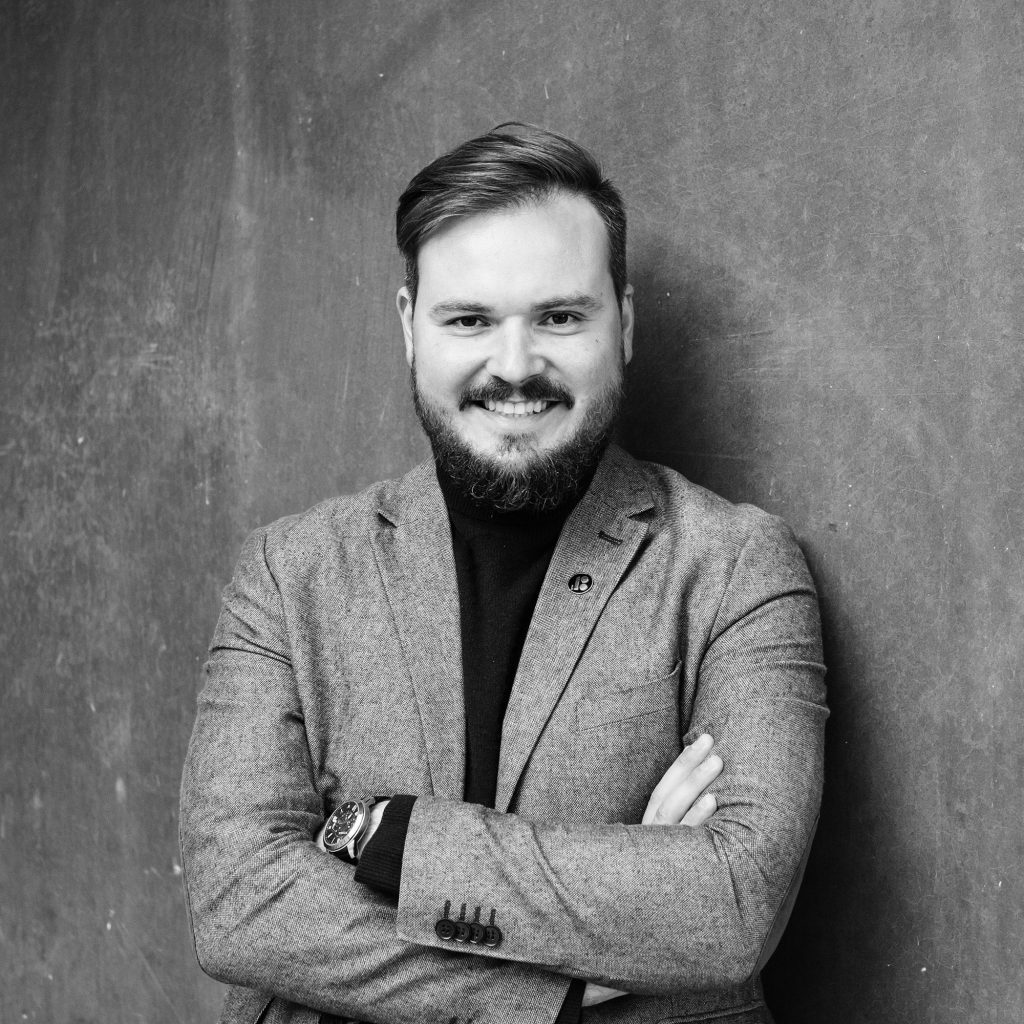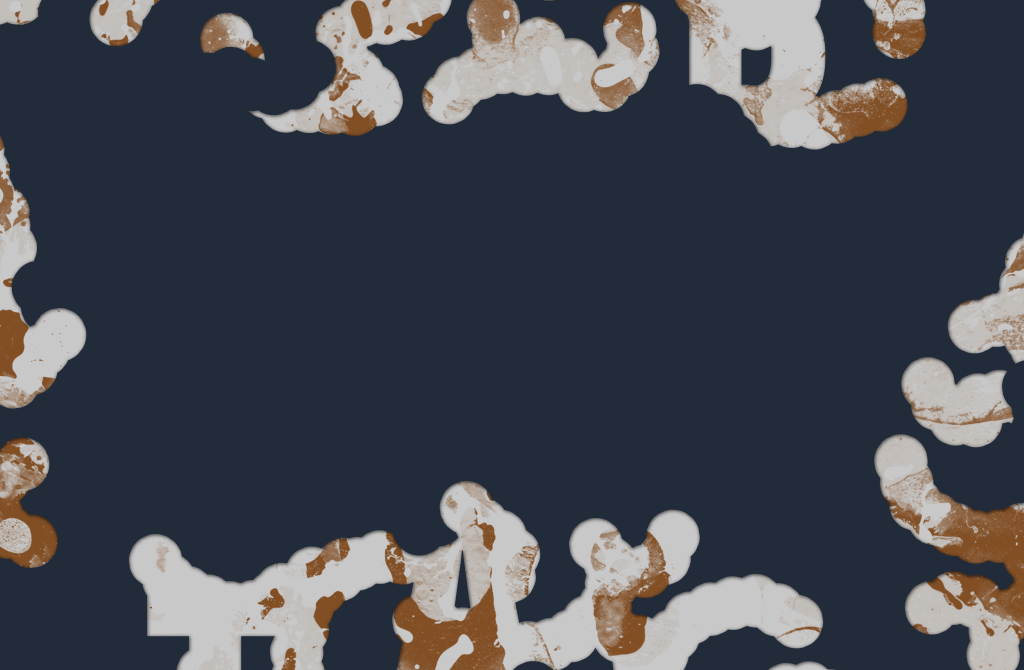TAB 2022
6th Tallinn Architecture Biennale is titled “Edible; Or, The Architecture of Metabolism” and is curated by Lydia Kallipoliti, Areti Markopoulou in collaboration with Chief Local Advisor Ivan Sergejev.
In the biennale “food” is approached both literally and metaphorically. On the one hand, EDIBLE explores architectural strategies of local production and self-sufficiency, and on the other, operations that use by-products of urban life, replacing the traditional linear systems of “make, use and dispose” with circular systems that aim to limit material and resource loss.
TAB 2022 will take place September – November 2022, with the opening week on the 7th–11th of September. The exhibition EDIBLE at Estonian Museum of Architecture is open until November 20.
The Tallinn Architecture Biennale (TAB) is the biggest and most important architectural festival in the Baltics addressing relevant issues in architecture and delving into the present and the future of the field. TAB encourages synergy between Estonian and foreign architects, and between architects and the public, by creating contacts and exchanging ideas.
The 2022 Biennale will feature Curators’ Exhibition, Vision Competition and a Symposium curated by the Head Curators. TAB will also include numerous side events: Installation Competition, International Schools’ Exhibition, Satellite Programme and Online Programme.

Lydia Kallipoliti is an architect, engineer and scholar and an Assistant Professor at the Irwin S. Chanin School of Architecture at the Cooper Union in New York. She holds a Diploma in Architecture and Engineering from the Aristotle University of Thessaloniki in Greece, an SMArchS in design and building technology from M.I.T, as well as a Master of Arts and a PhD from Princeton University. She is the author of The Architecture of Closed Worlds (2018).

Areti Markopoulou is a Greek PhD architect, researcher and urban technologist working at the intersection between architecture and digital technologies. She is the Academic Director at IAAC in Barcelona, and she leads the Advanced Architecture Group, a multidisciplinary research group exploring how design and science can positively impact and transform the present and future of our built environment.

Chief Local Advisor Ivan Sergejev is an architect, Fulbright scholar and expert on urban rejuvenation, currently coordinating the development of Estonia’s just transition plan at the Republic of Estonia Ministry of Finance.
TAB 2022 curatorial statement
EDIBLE aims to empower architects, planners, and environmental designers to develop a proactive stance on architecture’s expressive capacity to perform circular operations, to produce resources -generate food and energy- as well as to decompose itself. During the pandemic, the question of ‘where our food comes from’ has become critical. The fragility of our production processes and the mobility networks that transport commodities and food, urge new forms of local resource production and the design of circular economies.
In this venue “food” is approached both literally and metaphorically. On the one hand, EDIBLE explores architectural strategies of local production and self-sufficiency, and on the other, operations that use by-products of urban life, replacing the traditional linear systems of “make, use and dispose” with circular systems that aim to limit material and resource loss. EDIBLE transfers the metabolism and experiential aptitudes of the natural world – like growth, decay, digestion, and nutrient release- to the domain of cities and buildings. The main objective is to revise and reimagine the logic of circular economy and the ways in which it migrates to the fields of design, architecture, and the production of urban environments.
Today, within the context of interconnected global crises, namely the climate emergency, the public health crisis and social inequity, the idea of a world where resources are recirculated is vital for planetary habitability. Yet, this question needs be addressed as a creative multidimensional design problem that reflects the aesthetic and cultural qualities of spaces as productive environments in their full lifecycles: from the moment of extraction to the moment of demolition. How can architecture produce food and be eaten away? The objective of this Biennial is not only to display technological instrumentality, but also to reveal how architecture constructs, distributes, and leverages power via material upcycling, interspecies alliances, biopolitics and excremental processes.
History of Tallinn Architecture Biennale
TAB is organised by Estonian Centre for Architecture.
TAB 2019 “Beauty Matters” was curated by Dr Yael Reisner. The biennale focused on the how beauty matters again, reflecting a cultural shift after nearly eighty years of dormancy when beauty was a tabooed and denigrated subject.
TAB 2017 “bioTallinn”, curated by Claudia Pasquero (ecoLogicStudio), challenged the typical assumptions of what constitutes the boundaries between the natural and artificial realms.
TAB 2015 “Self-Driven City”, curated by Marten Kaevats, explored future cities with self-driven cars.
TAB 2013 “Recycling Socialism”, curated by Aet Ader, Kadri Klementi, Karin Tõugu, and Kaidi Õis, redefined the Soviet-era urban environment in Tallinn.
TAB 2011 “Landscape Urbanism”, curated by Villem Tomiste
